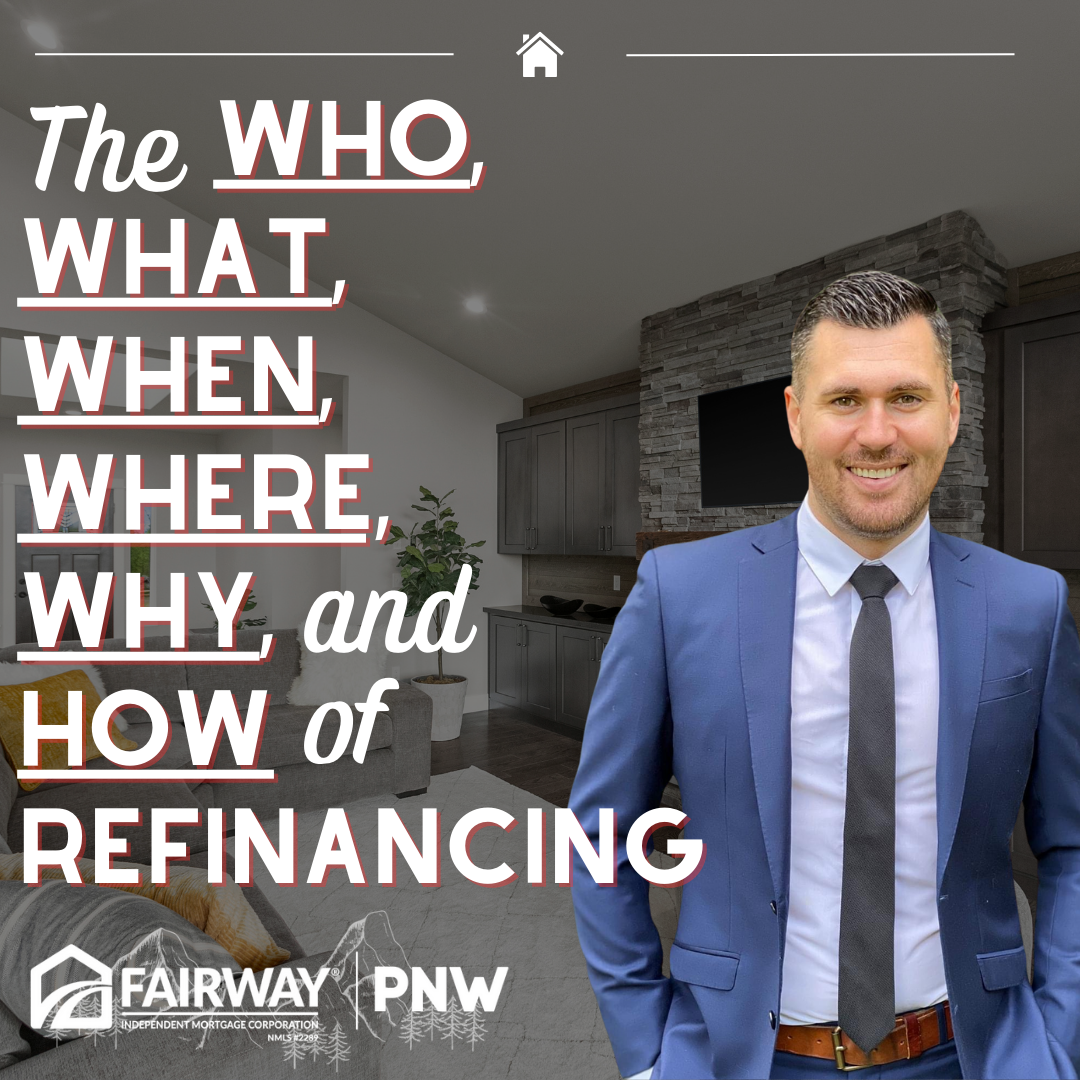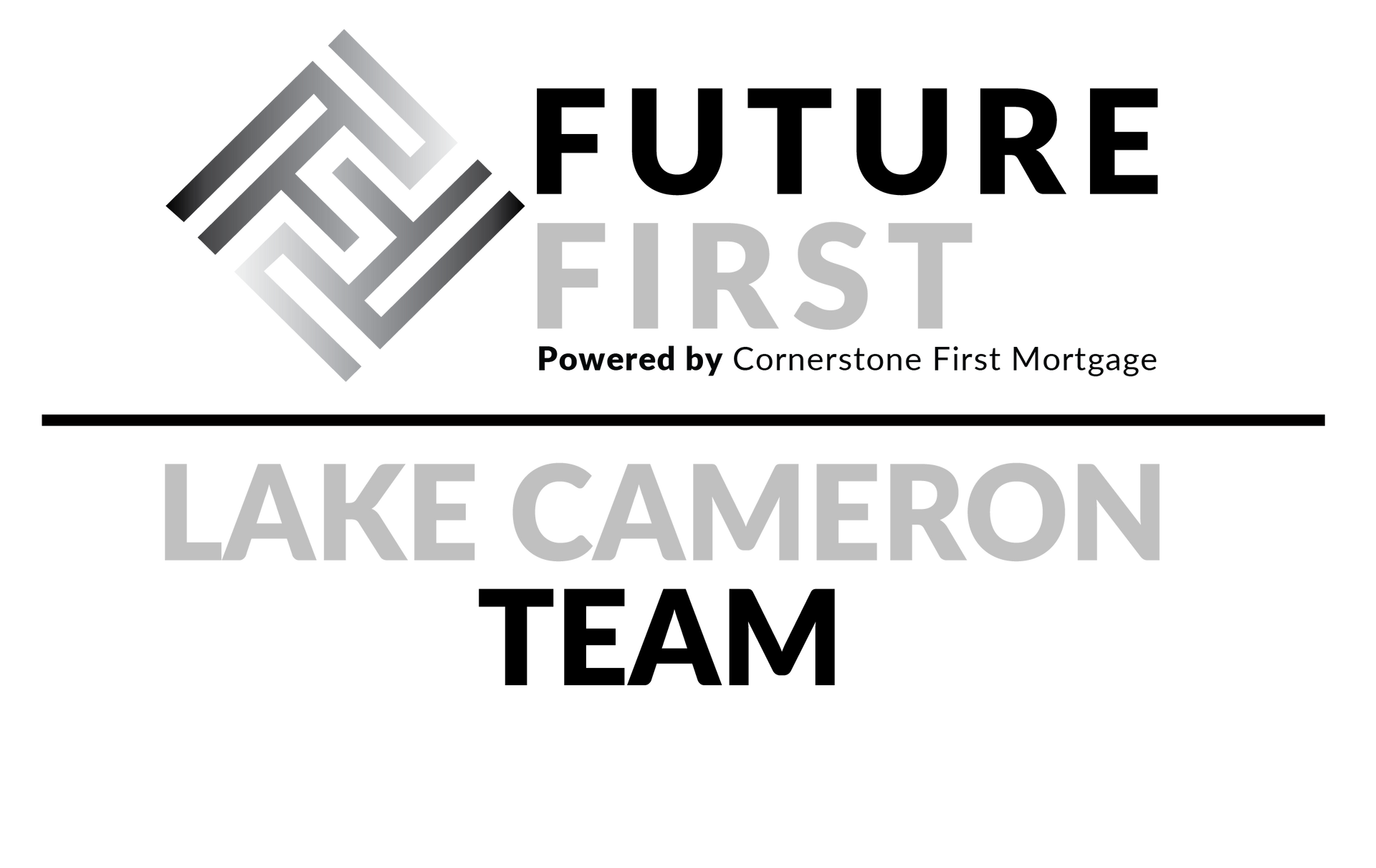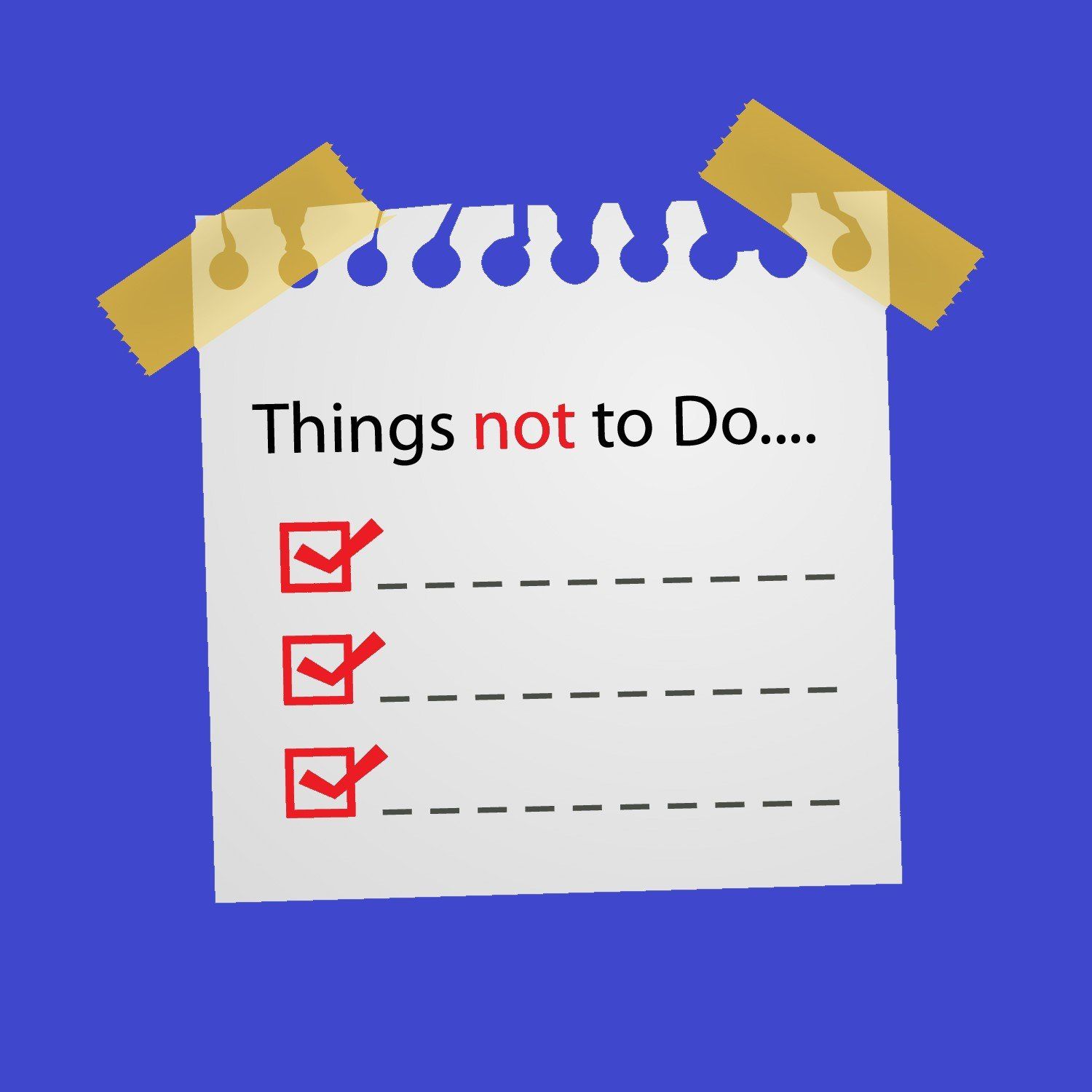3 Mortgage Questions to Ask Your Lender

Different lenders operate in various ways, so you need to understand your lender's operations before you move on in the mortgage process. Whether you want to purchase or refinance, specific questions will guide you to find the right lender. This blog has got you covered if you don't know what to ask. Use the three questions below to get the ball rolling and stay on track.
1. How Do You Get Preapproved?
One of the first steps on your journey to purchase a home is pre-approval. A pre-approval shows you how much you can qualify for and shows the sellers that you have serious intentions to purchase a house. Therefore, you need to know what you require. Your lender can give you a more specific answer, but the facts below can help you get started.
Credit Score
Your past loan behavior and payment history determine your credit score. A higher credit score means you have a higher chance of getting a pre-approval for a loan with lower interest. If you get pre-approval with a lower credit score, you may even have to pay a higher down payment.
Proof of Income and Employment History
Your employment history assures lenders of your ability to repay the loan. You need to have worked for at least two years with a steady income from your employer(s). Also include an additional source of income if you have any.
Evidence of Assets and Other Documents
You need bank statements to prove that you have money for the down payment, closing costs, and cash reserves. In some instances gift or future sales of assets will also work.
You may need to present different documents for identification and loan type. Items you will always be asked for include:
- Driver's license
- Mortgage statements
- Paystubs
- Bank statement
- W2's
- Tax returns
2. What Is the Difference Between Preapproval and Prequalification?
Prequalification means the lender has done a basic assessment of your creditworthiness to ascertain if you're likely to qualify for the loan. You initiate the process when you submit a prequalification application for the mortgage. After that, the lender uses the information you have provided to determine whether you qualify and for how much.
On the flip side, preapproval is a better indication that you will likely get the loan. With pre-approval, the lender verifies the information you submit — income, assets, expenses, liabilities, etc. The process also requires the mortgage company to pull your credit to verify your scores and request various documents.
Note that some lenders use the two terms interchangeably. Therefore, you need to inquire from your mortgage company about their terminology. Also, some only offer one of the two services. Either way, neither of the two processes is a guarantee that you'll qualify and close on a mortgage.
3. What Are the Available Loan Types?
Mortgages come in a wide range of products. You need to understand the different products and confer with your lender to settle on one that suits you best.
FHA Mortgage
The government insures loans through the Federal Housing Administration. If you are a first-time buyer, make the most of lower credit card score requirements. Your lenders face less risk because the agency pays them if you default. That makes the loan easily accessible for you. FHA only requires 3.5% down payment, which can help many borrowers qualify.
VA Mortgage
The government issues VA home mortgages to veterans and spouses of deceased veterans only. You don't need a down payment for VA mortgages if you meet the set specifications. In addition, the interests are low, leading to a reduced overall cost.
Conventional Mortgage
Conventional loans are the products that have been around longest, and require as little as 5% down, but you need 20% down to ensure you are not required to have mortgage insurance on your loan. Mortgage insurance is required on all conventional loans with less than 20% down, and are based on a sliding scale of 5%, 10%, 15%, where the more you put down reduces the mortgage insurance amount due. (please note mortgage insurance is not the same as hazard insurance)
Mortgage Refinance
Refinance is when you trade your old mortgage for a new one, i.e., your lender pays off your old loan with a new one. Home refinances attract many benefits such as a shorter loan term, the removal of private mortgage insurance, lowering monthly payments, taking cash out of the equity portion of the home, etc.
Conclusion
The decision to take a mortgage is big, so you are better off if you connect with excellent professionals. If you want a mortgage to buy or refinance a residential property, don't hesitate to contact Fairway PNW!

Confidentiality Notice:
Confidentiality Notice: The information contained in and transmitted with this communication is strictly confidential, is intended only for the use of the intended recipient, and is the property of Fairway Independent Mortgage Corporation NMLS #2289 or its affiliates and subsidiaries. If you are not the intended recipient, you are hereby notified that any use of the information contained in or transmitted with the communication or dissemination, distribution, or copying of this communication is strictly prohibited by law. If you have received this communication in error, please immediately return this communication to the sender and delete the original message and any copy of it in your possession. WA License Number MLO-1377661.
Business Hours:
Available 24/7 Including Weekends
Phone: (360) 900 9590
Email: teamlakecameron@fairwaymc.com
Address: 9633 Levin Rd NW Suite 101, Silverdale, WA, 98383









